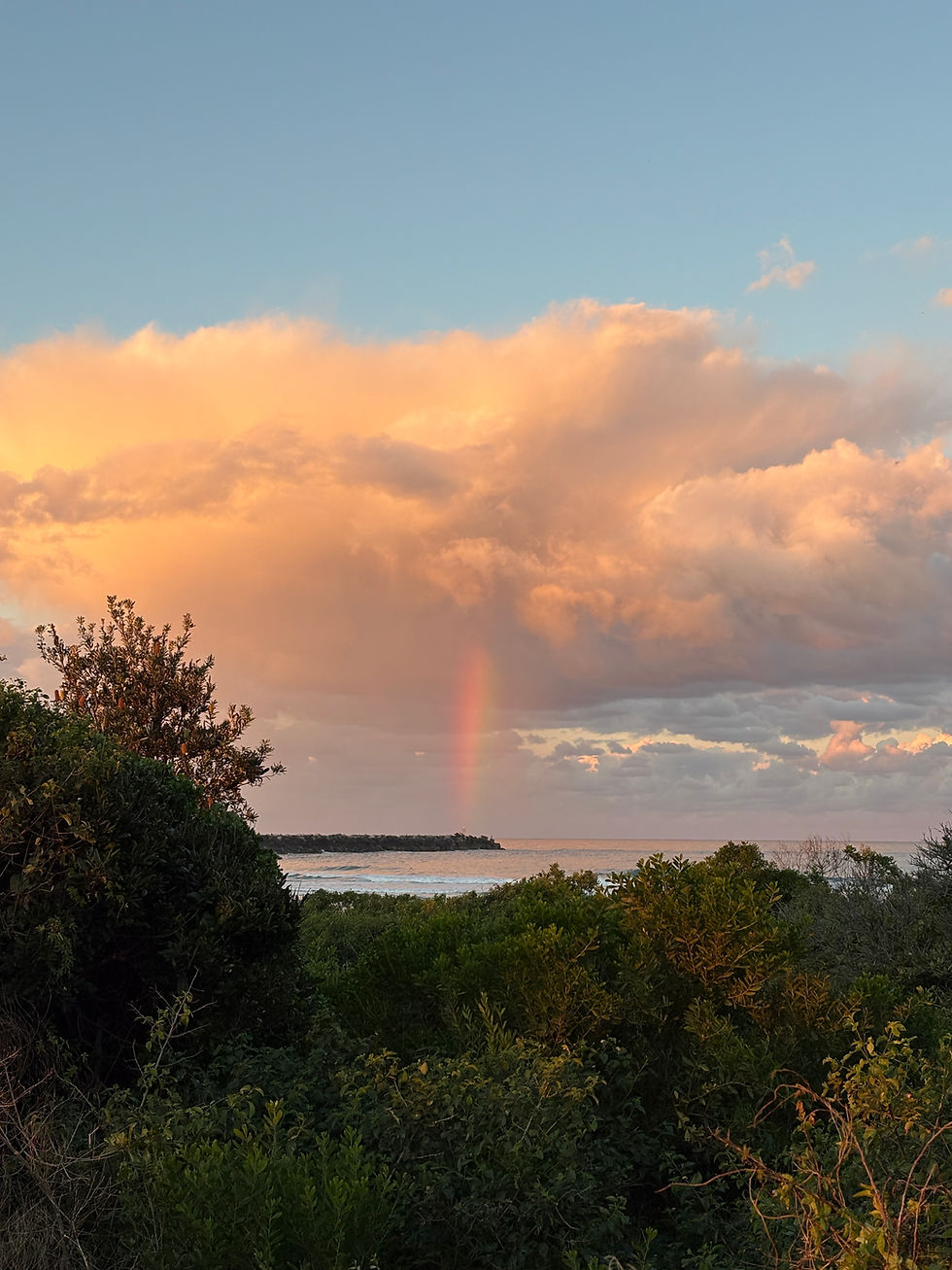From "Power Over" to "Power With": Reshaping Coaching and Leadership for a New World
- Marion Miller

- Jul 3, 2025
- 3 min read
For too long, our understanding and exercise of power have been dominated by a singular, often destructive, paradigm: "power over." This is the legacy of patriarchal systems, where power is a finite resource to be hoarded, asserted, and used to control. In this model, influence flows top-down, and success is often measured by dominance and subjugation. It's a rationalist, mechanistic view, where the world is a collection of separate parts to be managed and manipulated.
This "power over" dynamic has infiltrated many aspects of our lives, including, subtly or overtly, traditional coaching and leadership approaches. A coach, in this framework, might be seen as the expert, dispensing wisdom, setting directives, and holding the client accountable in a way that reinforces a hierarchical structure. While effective in certain contexts, it can inadvertently disempower the client, fostering dependence rather than true agency. But what if there's another way? What if power isn't a zero-sum game, but a generative force?
Beyond the Binary: Embracing "Power With" and Synergy in Coaching and Leadership
This is where the profound insights of thinkers like Joanna Macy and the principles of systems thinking offer a vital shift. They invite us to move from a rigid, rationalist "power over" to a more fluid, holistic, and emergent understanding of "power with."
"Power with" is about collaboration, shared influence, and the recognition that true strength emerges from interconnectedness. It's not about one person having power over another, but about individuals coming together to create something greater than themselves. Think of a thriving ecosystem, where each element, from the smallest microorganism to the largest predator, contributes to the health and resilience of the whole. There's no single "boss," but a dynamic interplay of relationships.
In coaching, this translates into a profound transformation:
From Expert to Facilitator: The coach or leader becomes less the all-knowing authority and more a skilled facilitator, guiding the client to tap into their own inner wisdom and resources.
Co-creation of Solutions: Instead of prescribing solutions, coach and client engage in a collaborative dance, exploring possibilities, experimenting, and discovering emergent pathways forward.
Honouring Autonomy: The focus shifts to empowering the client to take ownership of their journey, make their own choices, and develop their inherent capacity for self-direction.
Synergy in Relationship: The coaching relationship itself becomes a model of "power with," where mutual respect, deep listening, and genuine curiosity create a synergistic field where both coach and client are enriched.
Rationalism vs. Holistic and Emergent Power
The "power over" paradigm is deeply rooted in rationalism – a belief in linear causality, predictability, and the idea that complex systems can be understood and controlled by breaking them down into their constituent parts. While useful for certain tasks, it often fails to account for the messy, unpredictable, and interconnected reality of human experience and the natural world.
Holistic and emergent power, in contrast, acknowledges the inherent complexity of life. It recognises that:
The whole is greater than the sum of its parts: Just as a symphony is more than a collection of notes, human systems and relationships generate emergent properties that cannot be predicted by analysing individuals in isolation.
Feedback loops are crucial: Our actions ripple outwards, influencing others and returning to us, creating dynamic, self-organising patterns.
Uncertainty is inherent: We cannot control every variable, and often, the most potent insights and solutions emerge from embracing the unknown and allowing for organic growth.
Reconnecting with the Wider Web of Life
This shift in understanding power isn't just about individual coaching relationships; it's about how we fundamentally socialise and organise as humans. The "power over" mentality has led to systems that exploit both people and planet, disconnecting us from the vital web of life that sustains us.
Embracing "power with" invites us to reconnect. It encourages us to see ourselves not as separate entities dominating nature, but as integral parts of a larger living system. In coaching, this can manifest by:
Fostering ecological awareness: Helping clients understand their interconnectedness with their environment and the impact of their choices on the wider world.
Cultivating reciprocity: Encouraging clients to consider how they can contribute to the well-being of their communities and the planet, not just their individual success.
Drawing wisdom from natural systems: Applying principles of resilience, adaptation, and interconnectedness found in nature to personal and professional challenges.
Coaching as a Catalyst for a Thriving Future
By consciously shifting from "power over" to "power with," coaching can become a powerful force for individual and collective transformation. It can help us dismantle limiting beliefs about power, cultivate more equitable and synergistic relationships, and ultimately, contribute to a world where humans thrive in harmonious connection with the wider web of life. It’s a journey of deep listening, courageous co-creation, and an unwavering belief in the emergent potential of human and ecological connection.




